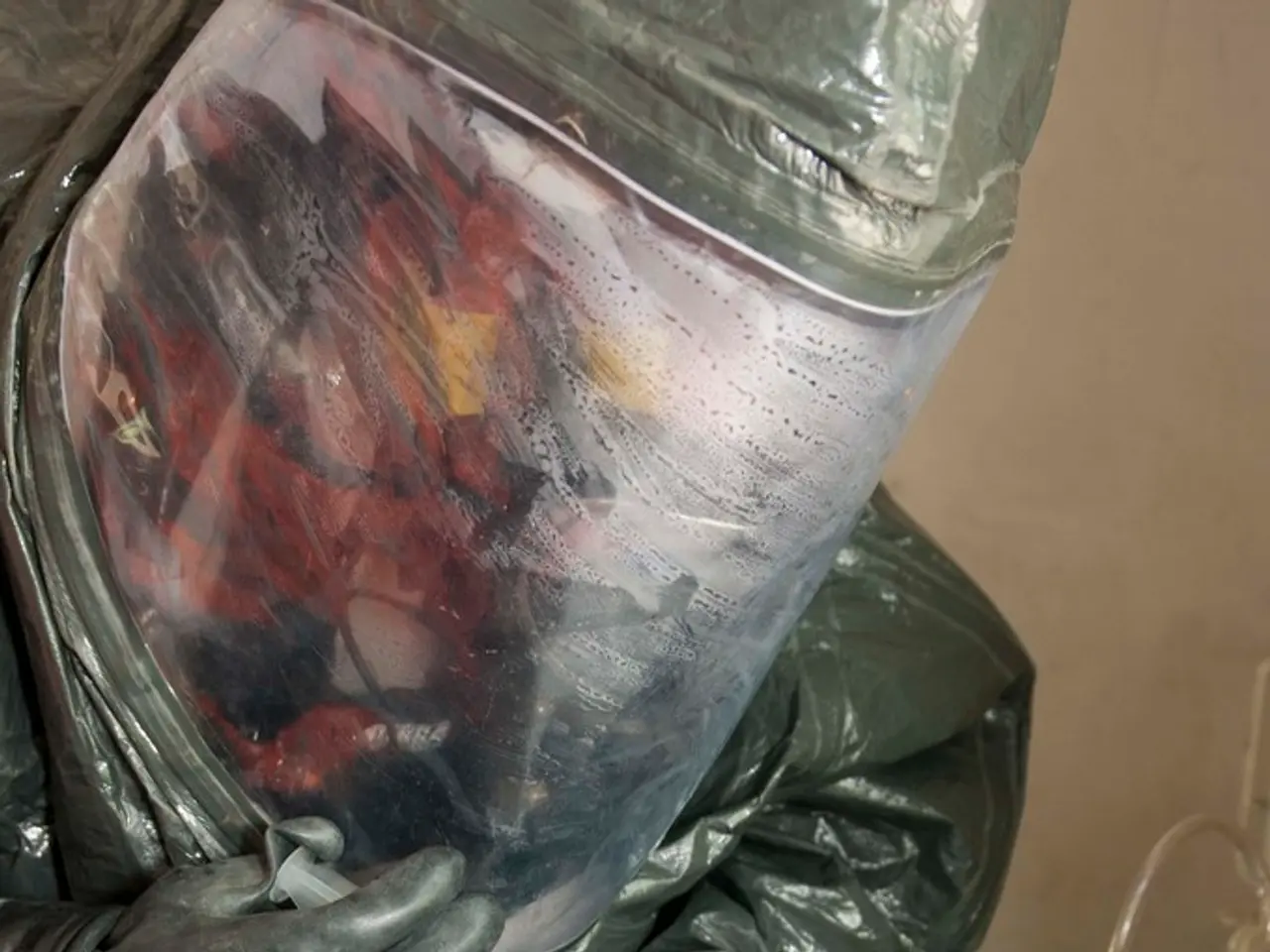FDA Warns Medical Device Firms: Unreliable Lab Testing Data Threatens Submissions
The U.S. Food and Drug Administration (FDA) has issued a warning to medical device firms about unreliable laboratory testing data in premarket submissions. The letter, dated February 20, 2024, highlights issues with data from third-party labs, particularly those based in China and India.
FDA has observed testing data that is fabricated, duplicated, or unreliable. This raises serious concerns about data integrity, impacting the credibility of entire submissions. The agency has even rescinded at least one 510(k) clearance due to such issues, despite explanations of mistakes.
The FDA's authority to rescind submissions based on unreliable non-clinical data is questionable, as this data is not typically the result of misconduct. However, the agency's letter is an important step in communicating the problem. It urges firms to proactively qualify third-party test labs and closely scrutinize all testing data they do not perform themselves.
Notably, the FDA has not established specific guidance for the device industry regarding data integrity, unlike the drug industry. This lack of clear guidance may hinder firms' ability to detect and prevent such issues.
FDA's warning underscores the importance of vigilance in ensuring data integrity in medical device submissions. Firms must take proactive measures to qualify third-party labs and scrutinize testing data. Despite the lack of specific guidance, the device industry should learn from the drug industry's experiences to strengthen data integrity measures.
Read also:
- Is it advisable to utilize your personal health insurance in a publicly-funded medical facility?
- Dietary strategies for IBS elimination: Aims and execution methods
- Benefits, suitable dosage, and safety considerations for utilizing pumpkin seed oil in treating an overactive bladder
- Harmful Medical Remedies: A Misguided Approach to Healing






